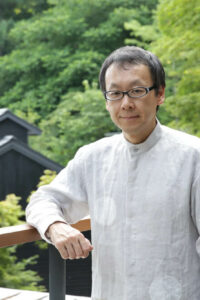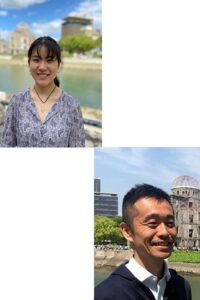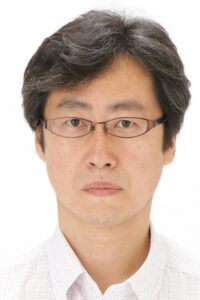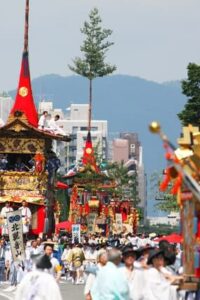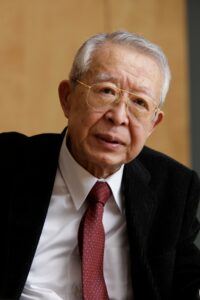
Yamazaki Masakazu, Playwright and Critic Editor’s note: Professor Yamazaki Masakazu passed away on August 19, 2020. This article, written in early May 2020, is published in translation here with the permission of the bereaved family and the original publisher. Going back to a previous time in world history The current spread of COVID-19 can be considered a “historic” event in two senses. Firstly, of course, it is an epoch-making tragedy and turning point in contemporary history, because the epidemic is likely to have a lasting influence on future civilization. Secondly, and of greater significance, the tragedy pours cold water on the hidden arrogance of modern people, and we can imagine it encouraging a return to the human civilization of the past: a time when urban civilization arose. The epoch that we call the “modern age” has had a number of stages—and as humanity ... ... [Read more]
